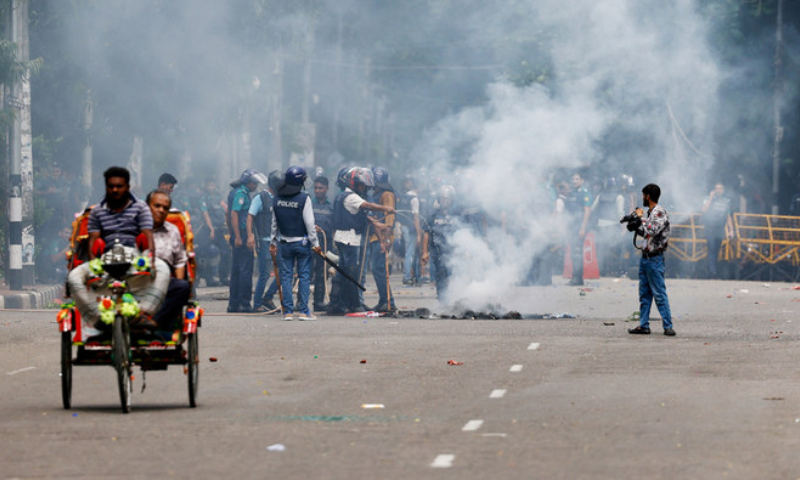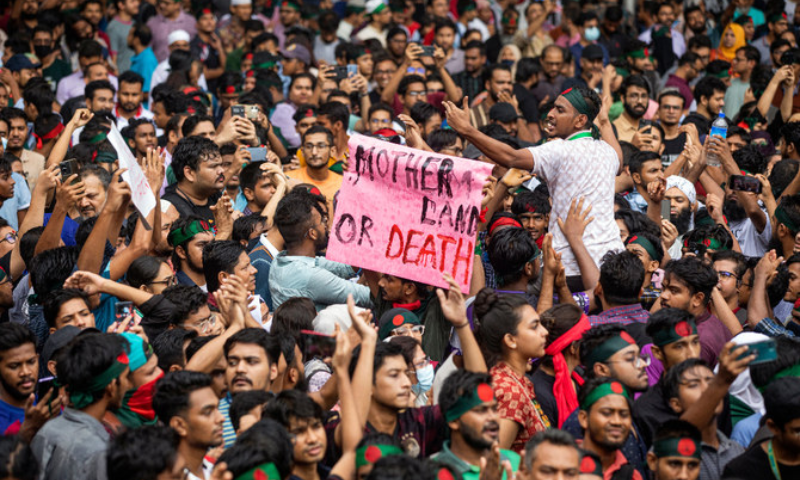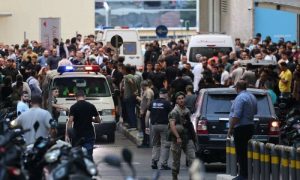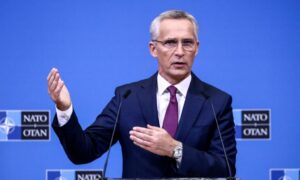DHAKA: Thousands of Bangladeshi protesters demanding Prime Minister Sheikh Hasina resign clashed with pro-government supporters on Sunday, with at least 24 people killed in confrontations using sticks, knives and guns as anti-government protests and violence escalated across the country.
The protests, which began as a response to the reintroduction of job quotas in the civil service, have evolved into a broad-based movement against Hasina’s government. Demonstrators have staged large rallies in Dhaka and other major cities, with significant confrontations, reported in Shahbagh Square and various northern, southern, and eastern regions.
In the capital Dhaka, demonstrators engaged in street battles that led to several casualties. Police inspector Al Helal confirmed that two young men were killed in Dhaka’s Munshiganj district, one hacked in the head and the other suffering gunshot wounds.
Furthermore, deaths were reported in Kishioreganj, where protesters set fire to a ruling party office, and across other regions including Bogra, Pabna, Rangpur, Sylhet, Magura, Comilla, Barisal, and Feni.
The death toll from the ongoing violence has now surpassed 230. In response to the escalating situation, police have imposed a nationwide curfew starting at 6:00 pm (1200 GMT) and restricted mobile internet access to hinder the organization of further protests.
Troops briefly restored order but crowds returned to the streets in huge numbers this month in a non-cooperation movement aimed at paralyzing the government.
Vast crowds of protesters, many wielding sticks, packed into Dhaka’s central Shahbagh Square on Sunday, with street battles in multiple sites as well as in other key cities, police said.
The unrest has seen some unusual developments, including a symbolic act by a former army chief, General Ikbal Karim Bhuiyan. Bhuiyan and other senior ex-officers have publicly called for the withdrawal of military personnel from the streets, criticizing the government’s handling of the situation and expressing support for the protesters. Bhuiyan’s statement marked a rare and significant rebuke from within the military ranks.
Amidst the chaos, current army chief Waker-uz-Zaman has reiterated the army’s commitment to the people, though his statements did not explicitly address the protests. The army’s stance remains ambiguous, leaving the role of military forces in the crisis uncertain.
The protests have garnered widespread support from various segments of Bangladeshi society, including celebrities and workers from the crucial garment sector, who have expressed solidarity with the demonstrators. The movement, initially sparked by grievances over job quotas, has broadened to demand greater freedoms and political reforms.
READ ALSO: Clashes Erupt in Bangladesh As Protesters Demand PM Hasina’s Resignation
Sakhawat, a young female protester, encapsulated the sentiment of many demonstrators: “It is no longer about job quotas. What we want is for our next generation to live freely in the country.”
Obaidul Quader, general secretary of the ruling Awami League, has called on party activists to rally nationwide in support of the government. Hasina, who has led Bangladesh since 2009, has faced criticism for her administration’s alleged misuse of state institutions to suppress dissent and entrench her hold on power.
Demonstrations began in early July over the reintroduction of the quota scheme, which reserved more than half of all government jobs for certain groups. It has since been scaled back by Bangladesh’s top court.
























